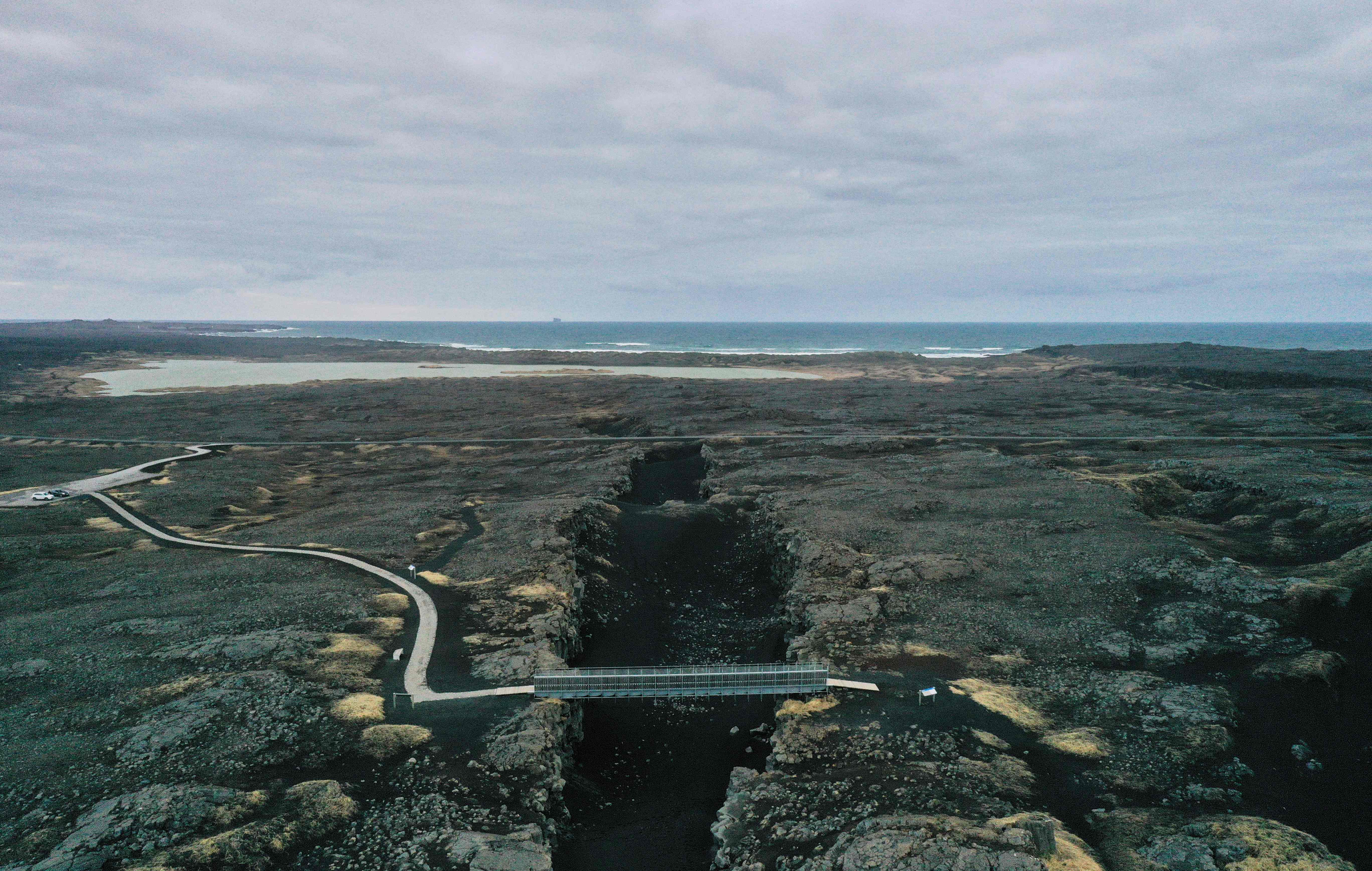Swarm of 20,000 earthquakes could trigger Iceland’s volcanoes to erupt
‘Effusive volcanic eruption’ could be imminent, scientists warn

Fiery eruptions spewing from Iceland’s volcanoes could follow the tens of thousands of earthquakes that have shaken the nation over the past fortnight, scientists fear.
Experts monitoring underground magma movements in the Reykjanes Peninsula, in southwest Iceland, are on tenterhooks. Seismic whispers and changes in the land’s shape mean an “effusive volcanic eruption could occur”, according to the Icelandic Meteorological Office (IMO). But so far, nothing has happened.
“That’s something new. We didn’t expect that,” Dr Dave McGarvie, a volcanologist at Lancaster University said. The researcher told National Geographic that “people started wondering, what the hell is going on here?” when magma moving towards the earth’s surface began to die down – after an eruption appeared to be just hours away.
Murmurs in the region, first detected over a year ago, have culminated in more than 20,000 earthquakes since activity began on 24 February, according to the IMO.
Five have had a 5.0 magnitude or more – considered to be moderate – but none have caused serious damage to buildings or loss of life. The most recent of this size occurred at around 2am on Saturday night.
Iceland’s Department of Civil Protection and Emergency Management warned of “possible volcanic eruption” on the Reykjanes Peninsula.
Discussing the spate of earthquakes in a meeting with the IMO and other agencies earlier this week, they concluded that it was “necessary” to “seriously anticipate the possibility that eruptions may be imminent”.
Magma continues to form between the Keilir summit and Fagradalsfjall volcano in the region, they noted.
“Bursts of tremor” like this have been “observed ahead of previous volcanic eruptions in Iceland”, the IMO said.
An “effusive volcanic eruption” or “an earthquake up to magnitude 6.5” could follow. But it is also possible that the tremors simply die down completely, and scientists are closely monitoring the situation.
Whatever happens, the outcome is not likely to be disastrous for Iceland. Lava flows “should not threaten” people if they occur, the IMO said.
“An eruption in this area will be nothing like the highly disruptive explosive eruption of Eyjafjallajökull in 2010,” Dr McGarvie wrote in The Conversation.
That volcano sent ash five miles into the air and created the greatest air travel disruption since the Second World War.
Join our commenting forum
Join thought-provoking conversations, follow other Independent readers and see their replies
Comments


Bookmark popover
Removed from bookmarks